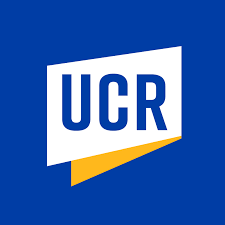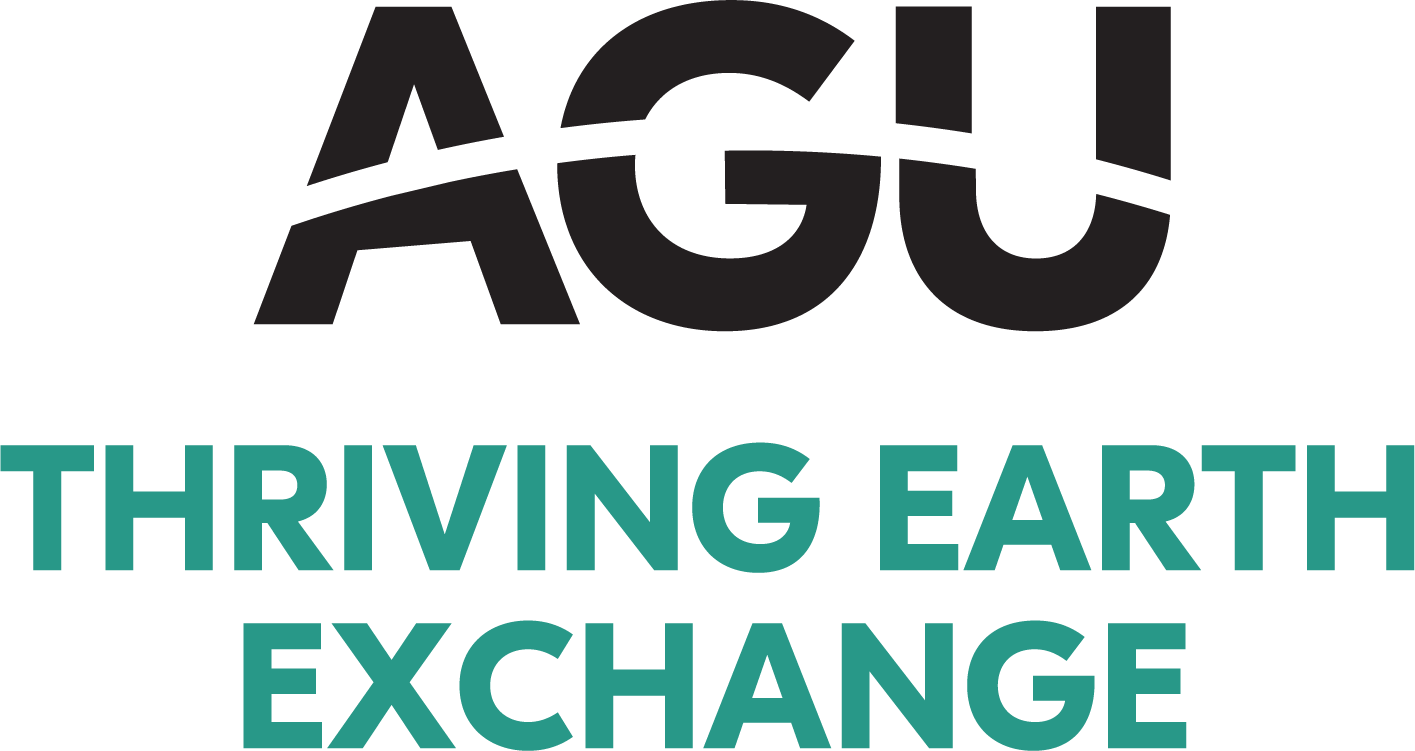Tracking Trash

Background
Trash is a suite of novel particles with a wide variety of shapes, size, densities, and physical and chemical properties. Studying how trash moves around in watersheds and rivers helps us understand the fate of this pollutant and reveals fundamental insights about particle transport more broadly. All of this research has the ultimate goal of closing a watershed mass balance for trash, which would be the holy grail of evidence that science fully understands how trash moves. We have a long way to go until we get there and I have spent my time chipping away at modeling plastic concentration depth profiles in river flow, plastic concentration discharge relationships, and changes in standing stock of trash along roadways, and spatial differences in trash in riparian areas.
Goals
- Work towards closing a watershed mass balance for trash and microplastics.
- Advance the fundamental theories of particle transport.
- Use these advancements to assess the efficacy of trash and microplastic prevention efforts.
Major Learnings
- Some plastics float and some don’t, if we sample at the surface of the stream (the common approach) we may miss the plastics that don’t float and misrepresent what is there.
- Watershed land use and near stream land use both influence the abundance and character of trash found in riparian areas.
Highlighted Achievements
- We published the Concentration Depth Profiles Study in ES&T
- We published the Riparian Trash Study in Environmental Pollution
- We published a study on the settling and rising velocities of environmentally weathered plastic particles in Environmental Research
Partners (not comprehensive)





